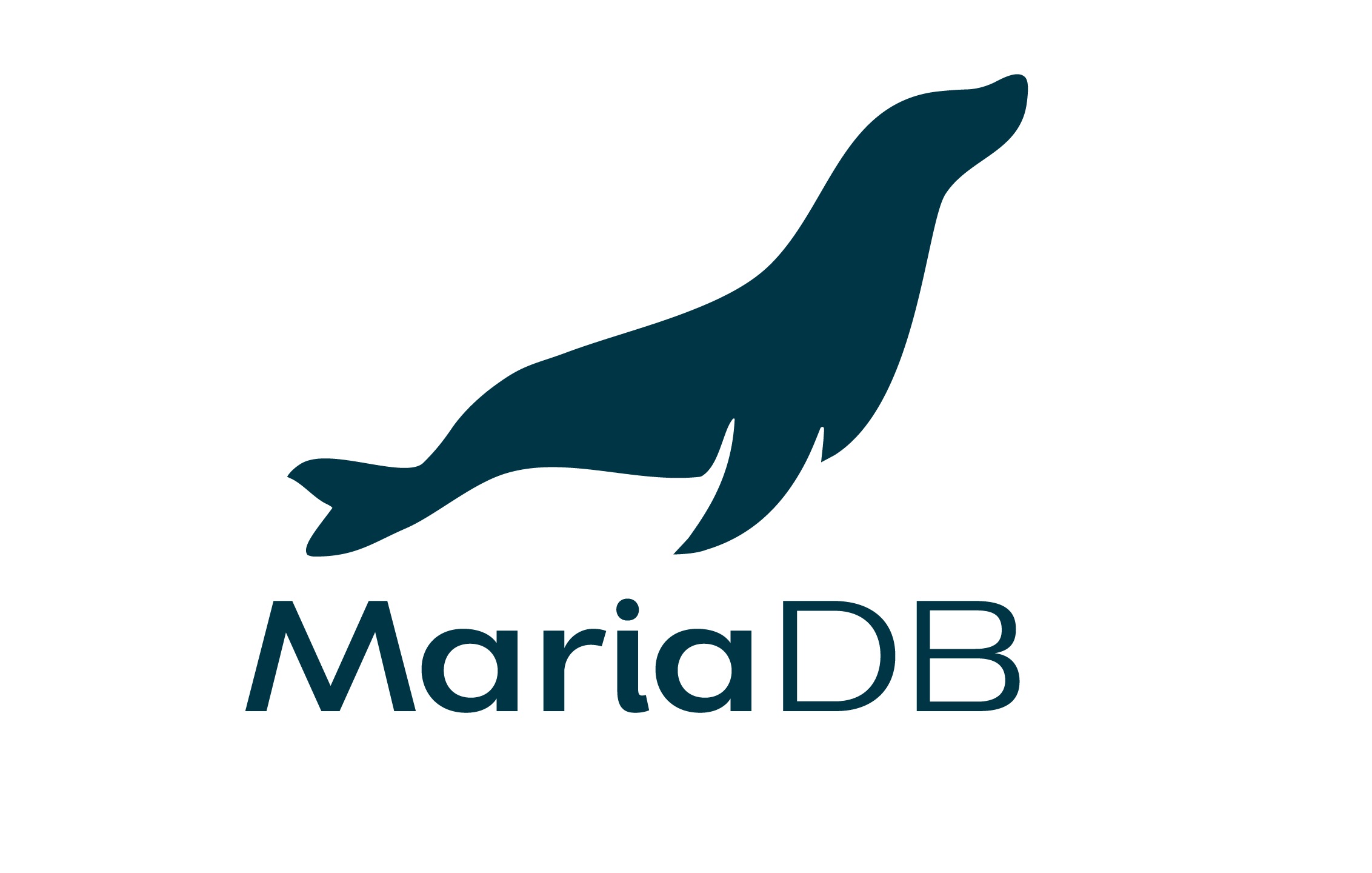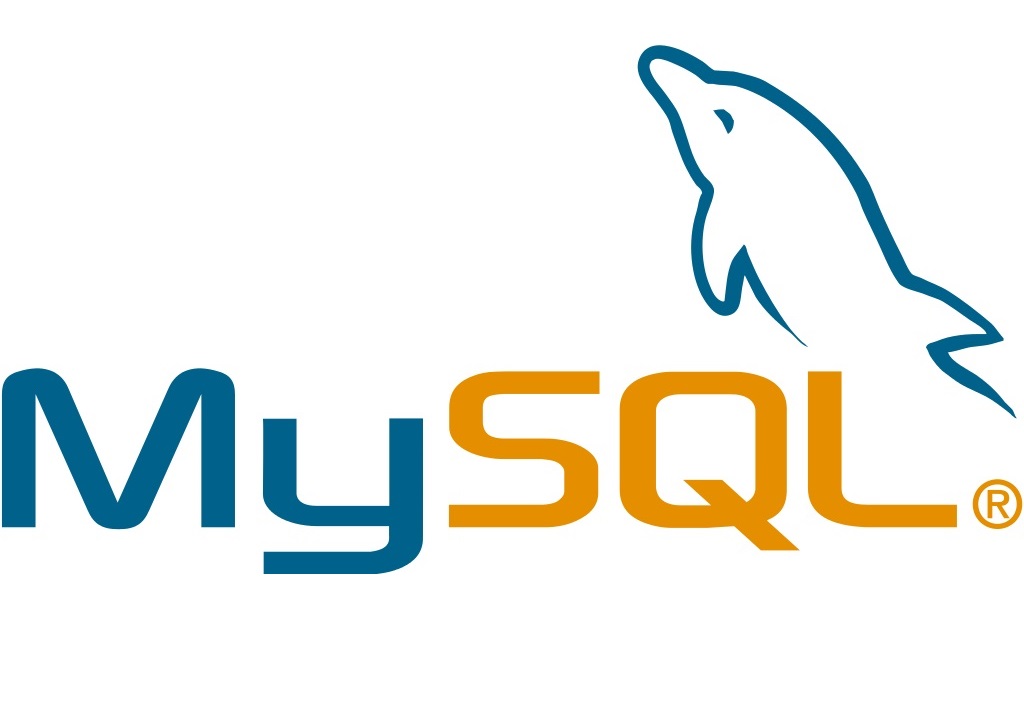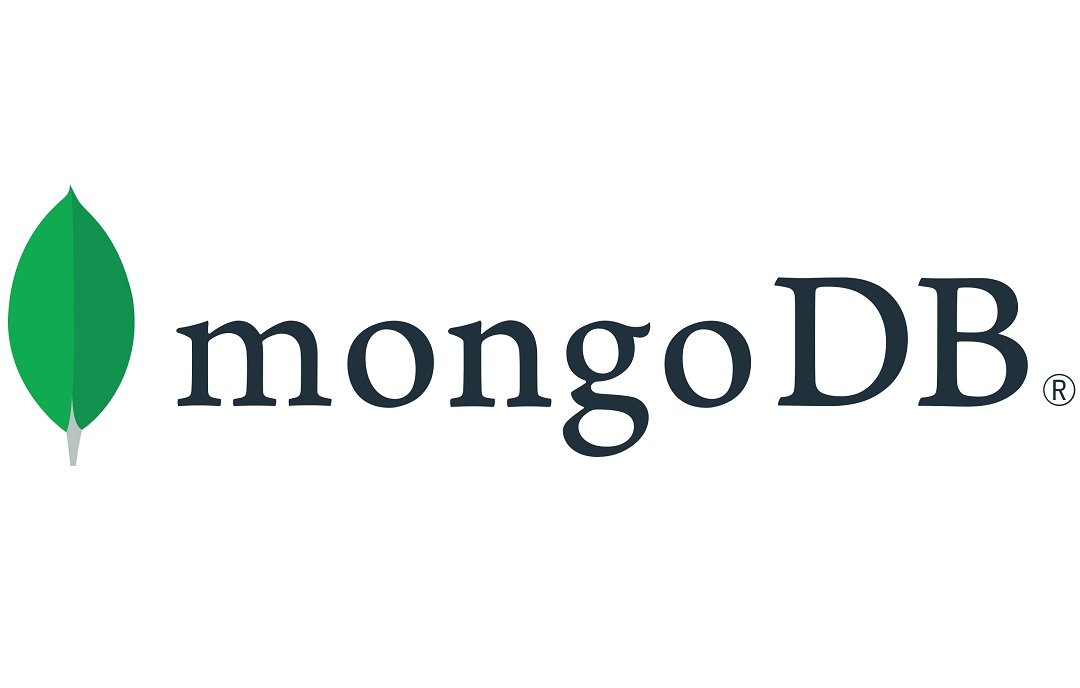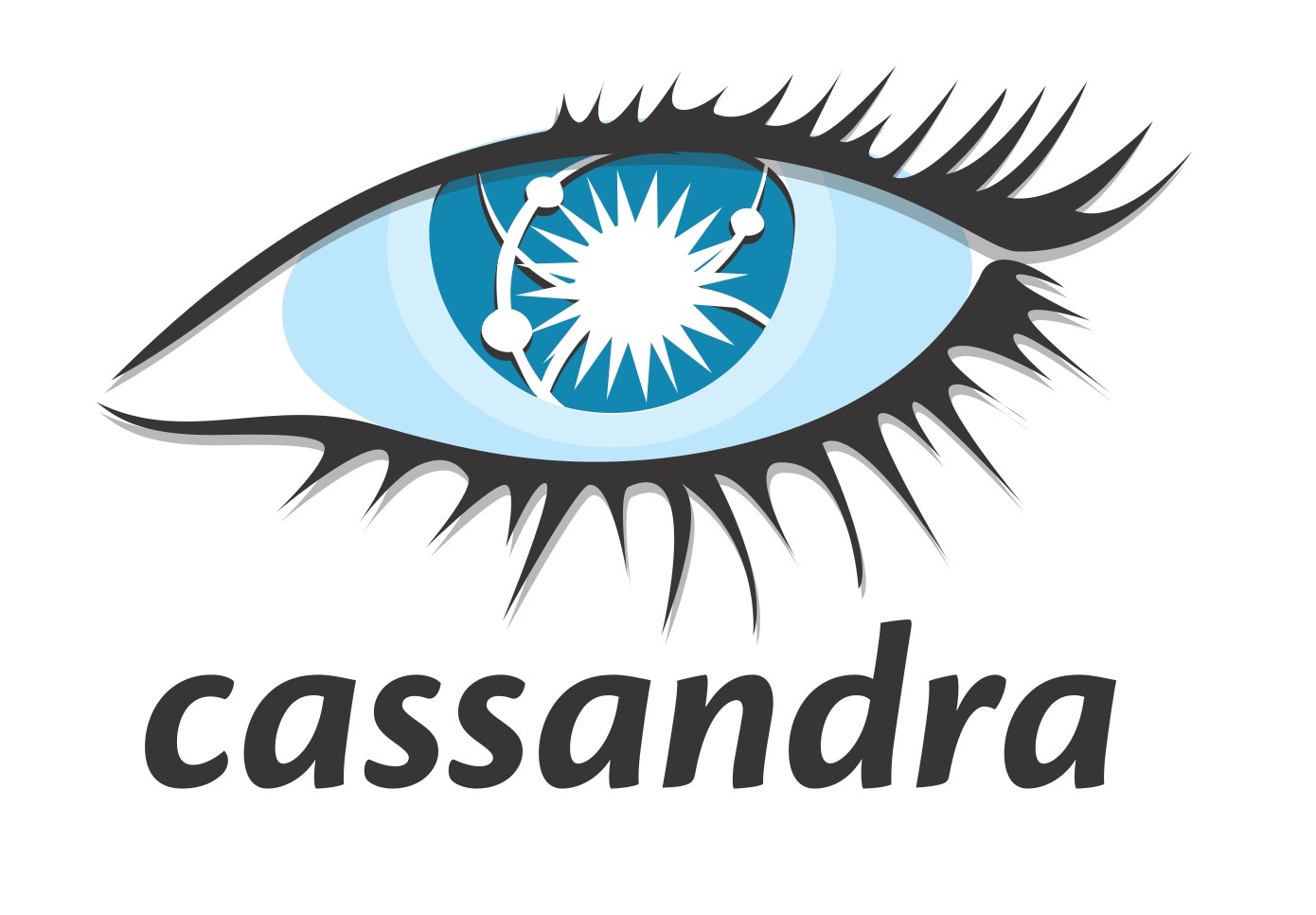All about PostgreSQL
Published
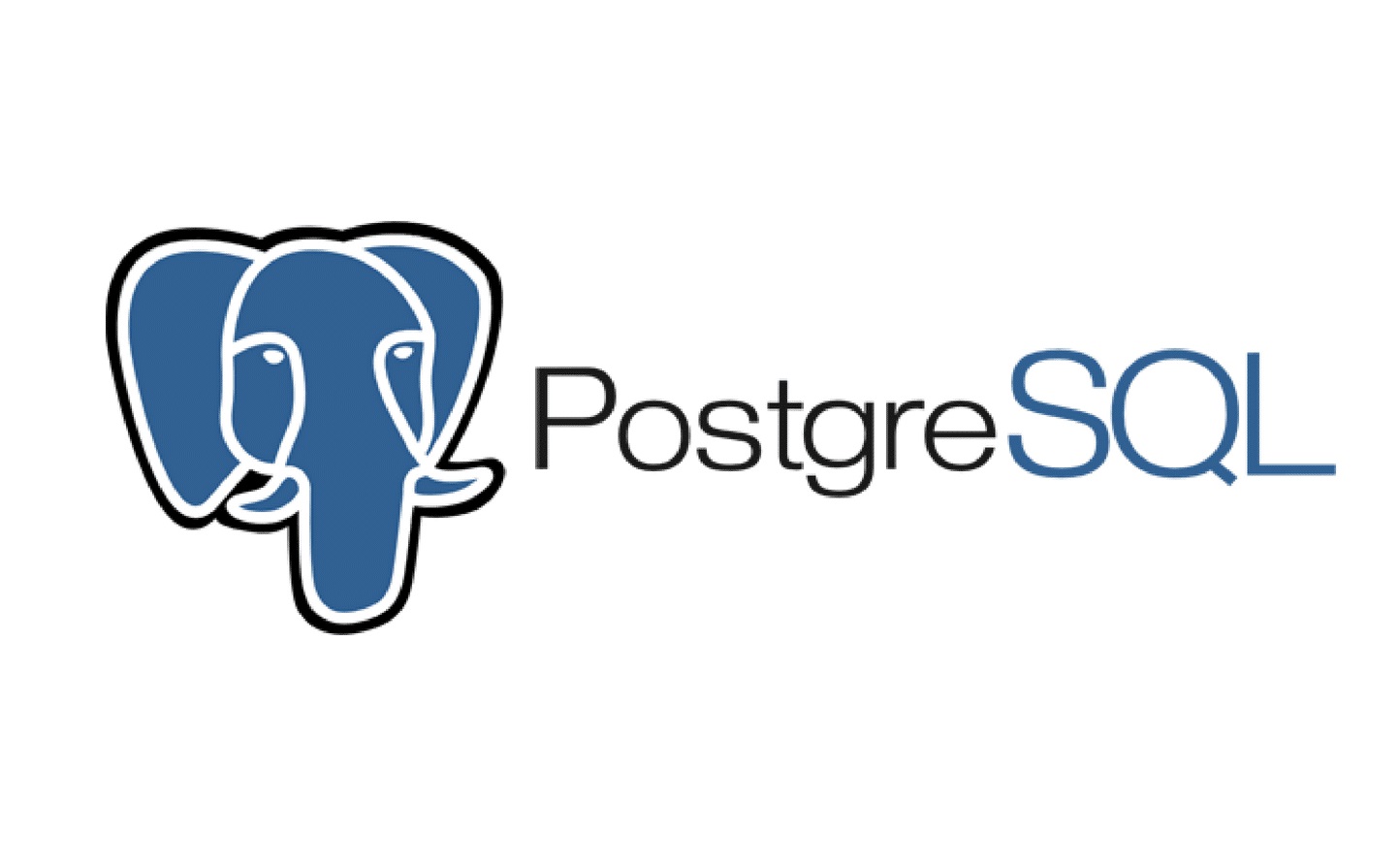
PostgreSQL is an open source object-relational database management system that provides a powerful and reliable way to store, query and manage data. It was first developed in 1986 and is now one of the most widely used databases worldwide. PostgreSQL supports a variety of data structures, including relational, document-oriented, and key-value data. It also offers a comprehensive range of database administration features, including security, replication, monitoring, and scalability. PostgreSQL is suitable for a wide range of applications, from simple web applications to complex enterprise applications and Big-Data -Solutions.
If you want to refresh your SQL knowledge or even further expand it, we recommend you Skillshare as a learning platform.
How performant is PostgreSQL?

Those : securitynewspaper.com
PostgreSQL is a powerful database and offers excellent performance. It is capable of processing large amounts of data while executing complex queries quickly. The performance of PostgreSQL depends on many factors, including the hardware it runs on, the size of the database, the type of queries, and the number of concurrent users.
PostgreSQL has advanced query optimization that allows the database to execute queries in an efficient manner. It also offers a variety of indexes and functions to improve query performance. In addition, PostgreSQL can also be scaled horizontally to improve performance by distributing multiple instances of the database across multiple servers.
Overall, PostgreSQL is a very performant database that is suitable for a wide range of applications, from small web applications to large enterprise applications with millions of users and terabytes of data.
What sets PostgreSQL apart?

Those : dreamstime.com
PostgreSQL has many features that make it a popular and powerful database. Here are some of the key features of PostgreSQL:
- Object-relational database management system: PostgreSQL is an object-relational database management system that allows users to model and store complex data structures.
- Open Source Software: PostgreSQL is an open source database and is free to download and use. This makes it very attractive for developers and businesses as there are no license fees.
- Extensibility: PostgreSQL is highly extensible and offers a variety of extensions and plugins that allow users to add additional functionality.
- SQL Support: PostgreSQL supports the SQL language and provides powerful and flexible query optimization, allowing users to execute complex queries quickly and efficiently.
- Transaction Support: PostgreSQL supports high-level transactions, meaning changes to databases can be carried out in a single transaction to ensure data integrity and consistency.
- Scalability: PostgreSQL can be scaled horizontally to ensure high availability and performance. It can also run on cluster systems to further improve scalability.
- Security: PostgreSQL offers a variety of security features including access control, encryption, authentication and audit logging.
Overall, PostgreSQL is a powerful and extensible database that supports a wide range of applications and is suitable for businesses and developers alike.
What systems is PostgreSQL compatible with?
PostgreSQL is compatible with a wide range of systems and applications. Here are some examples:
- Operating Systems: PostgreSQL runs on a variety of operating systems including Linux , Windows, MacOS, FreeBSD and Solaris.
- Programming Languages: PostgreSQL provides drivers and libraries for a variety of programming languages including C, C++, Python , Ruby, Java , PHP , Perl and many others.
- Web Frameworks: PostgreSQL integrates with many web frameworks and content management systems, including Django, Ruby on Rails, Laravel, Drupal, and WordPress.
- Cloud platforms: PostgreSQL can run on many cloud platforms including Amazon Web Services, Microsoft Azure and Google Cloud Platform.
- Business Intelligence Tools: PostgreSQL can work with many Business Intelligence-Tools integrated, including Tableau, Power BI , QlikView und MicroStrategy.
- Data Integration Tools: PostgreSQL can be integrated with many data integration tools including Talend, Pentaho and Apache Nifi .
Overall, PostgreSQL is compatible with a wide range of systems and applications, making it a flexible and versatile database solution.
How easy is it to scale PostgreSQL?
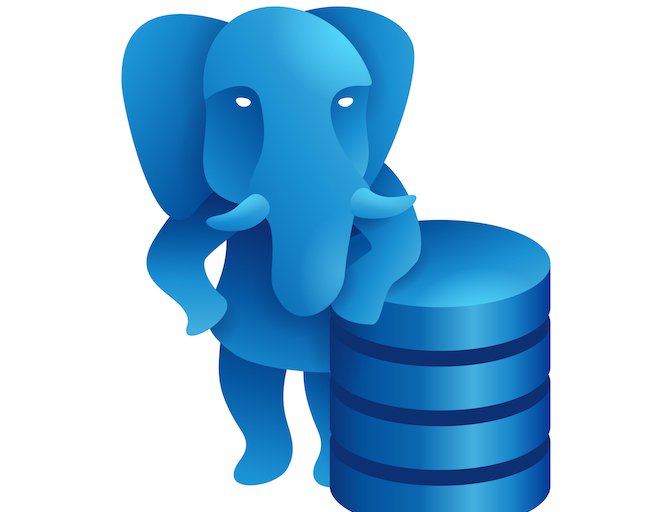
Those : jbssolutions.com
PostgreSQL offers multiple ways to scale, including vertical and horizontal scaling.
Vertical scaling refers to increasing resources on a single server to improve database performance. PostgreSQL can scale across servers with multiple CPUs and RAM sizes for better performance. This is an easy way to scale, but often requires expensive hardware upgrades.
Horizontal scaling, on the other hand, refers to scaling by adding more servers to the database infrastructure. PostgreSQL can scale horizontally by distributing data across multiple servers. There are two main approaches:
- Sharding: PostgreSQL supports so-called sharding, in which data is divided into smaller groups and distributed across different servers. This allows applications and queries to run in parallel and increases scalability.
- Replication: PostgreSQL provides the ability to replicate data across multiple servers. This allows read requests to be executed on different servers to distribute the load and improve performance.
PostgreSQL scaling can vary depending on the needs and complexity of the database. However, with proper planning and implementation, PostgreSQL can be successfully scaled to ensure high availability and performance.
Which companies use PostgreSQL?
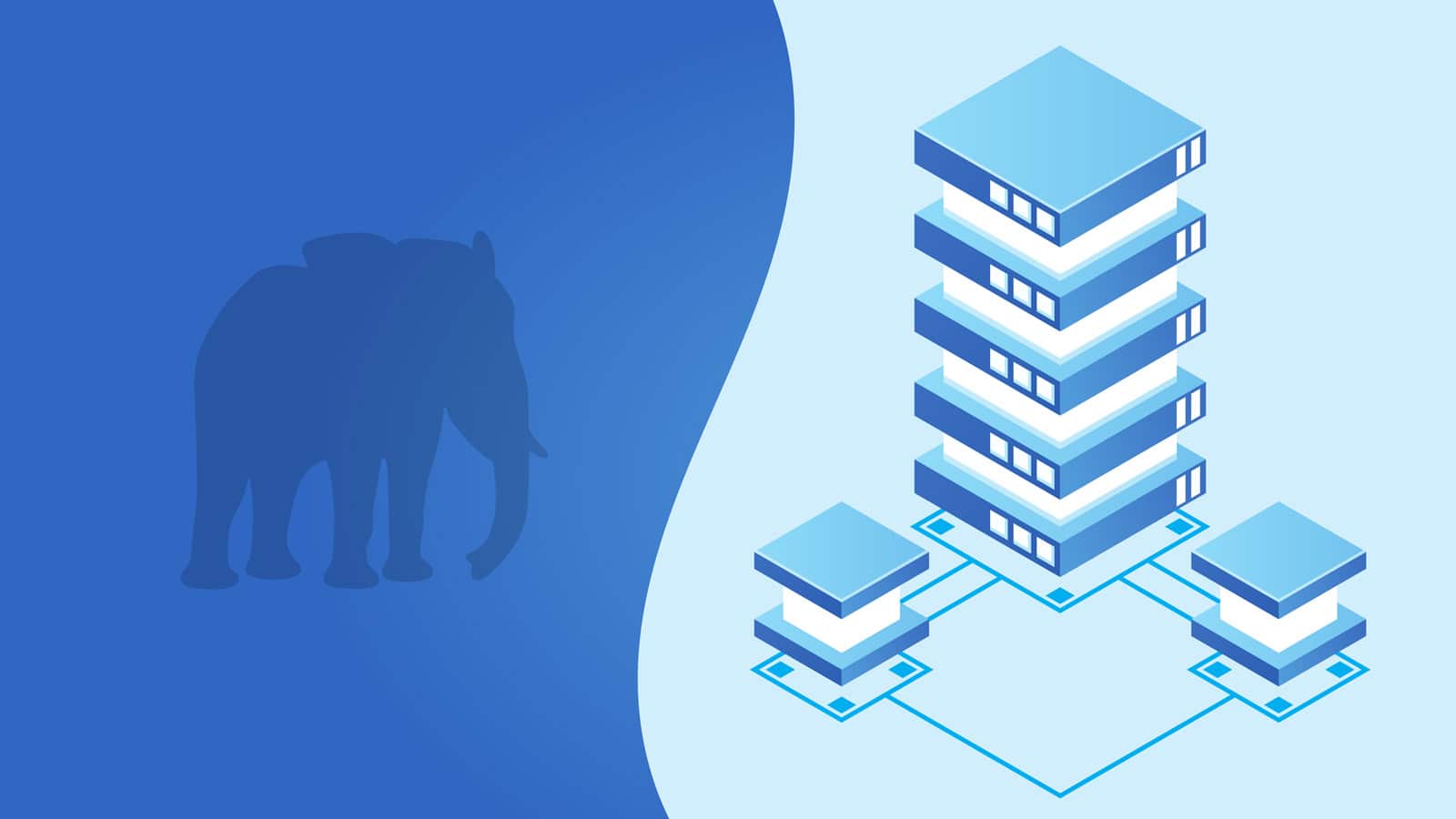
Those : scalegrid.io
PostgreSQL is used by a wide range of companies and organizations including:
- Apple: uses PostgreSQL for its iTunes Store database.
- Fujitsu: uses PostgreSQL for its cloud solutions and enterprise applications.
- Cisco: uses PostgreSQL for its unified communications platforms.
- Instagram: uses PostgreSQL for its user database.
- Uber: uses PostgreSQL for its real-time vehicle tracking and ridership data.
- Red Hat : uses PostgreSQL as the default database for its enterprise Linux distribution.
- Sony: uses PostgreSQL for its PlayStation network databases.
- Skype: uses PostgreSQL for its user and group management.
- Tesla: uses PostgreSQL to monitor its production processes and manage vehicle data.
- Yelp: uses PostgreSQL for its search and reviews platform.
This list shows just a few examples of companies that are successfully using PostgreSQL. Overall, PostgreSQL is popular with many companies due to its reliability, performance, and flexibility.
